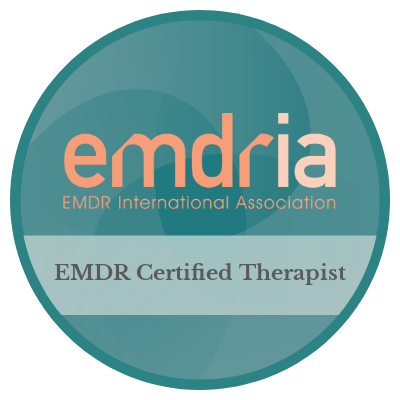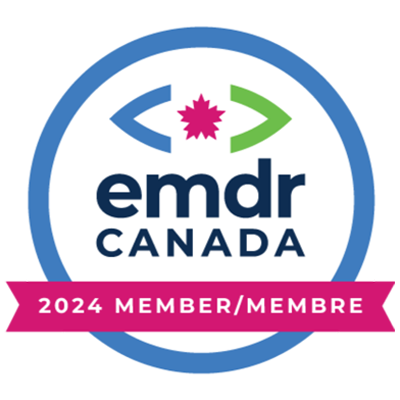Welcome!
I Acknowledge the strength that it takes to seek out therapy and hope to ease any concerns and guide you through the process of coming to therapy. Services are available in person or via teletherapy (online/phone) for Ontario Residents.



Mindfulness in therapy involves cultivating awareness of thoughts and feelings in the present moment, without judgment, to gain greater control over your reactions.
Solution-focused therapy emphasizes building on a client's strengths to find practical solutions for the future.
Learn more about me as well as the various methods we can utilize to assist you in your journey of mental well-being

Emily Spagnolo is a Registered Social Worker. She provides services to adolescents and adults struggling with anxiety, substance use disorders, depression, trauma, adversities and issues of self-worth. She utilizes an eclectic approach to the therapeutic relationship working to understand the presenting concerns within the context of past experiences. Using a trauma focused lens, she seeks to understand the root cause of issues.
Emily completed her Master’s of Social Work from the University of Windsor in 2019. She is a registered member of the Ontario College of Social Workers and Social Service Workers as well as the Ontario Association of Social Workers. She is an EMDR certified therapist. As well, she is trained in CBT, DBT and incorporated mindfulness based strategies into her work. Emily seeks to provide a warm and welcoming experience to clients and tailors her treatment approach to suit each client’s needs.
Eye Movement Desensitization and Reprocessing Therapy (EMDR) Basic Training 2021
EMDR International membership- Present
Traumatic Incident Reduction (TIR) Facilitator (2020)
Certificate in Dialectical Behavioral Therapy from Counsel Care Canada Learning Solutions, ON (2019)
Certificate in Clinical Traumatology, Traumatology Institute (2019)
Registered Social Worker with the Ontario College of Social Workers and Social Service Workers (OCSWSSW)
Member of the Ontario Association of Social Workers
Master of Social Work from the University of Windsor, ON, (2019)
Addictions Certificate from Wilfred Laurier University, ON, (2019)
Applied Suicide Intervention Supportive Training, Canadian Mental Health Association, ON, (2018)
Certificate in Cognitive Behavioral Therapy from Counsel Care Canada Learning Solutions, ON, (2017)
Bachelor of Arts in Psychology from Athabasca University, AB, (2014)
| Anxiety | Anger Management | Binge Eating Disorder | Borderline Personality Disorder |
| Body Image | Boundary Setting | Communication Skills | Depression |
| Domestic Abuse | Emotional Regulation | General Stress | Grief |
| Life Skills | Trauma | Parenting Challenges | Perfectionism |
| Self-Esteem | Self-Harm | Sexual Assault | Social Anxiety |
| Substance Use | Suicidal Ideation | Trauma | Work or School Stress |

Teletherapy is offered via OnCall Health a secure and encrypted platform to provide on-line counselling sessions with clients.
Directly after scheduling their first appointment clients will receive an email invite to register with OnCall Health. Clients are also sent email reminders on the day of their scheduled appointment with a link to click on at the scheduled time of their appointment.
Clients simply join the on-line video counselling session by clicking on this link at the time of their scheduled appointment. Sessions are anonymous and are never recorded or stored.
On-line video counselling works well when clients are not available for in-office visits due to scheduling issues, inclement weather, immobilization due medical condition(s), etc. and prefer the visual cues that come with video.
Copyright © 2024 Emily Spagnolo. All Rights Reserved.